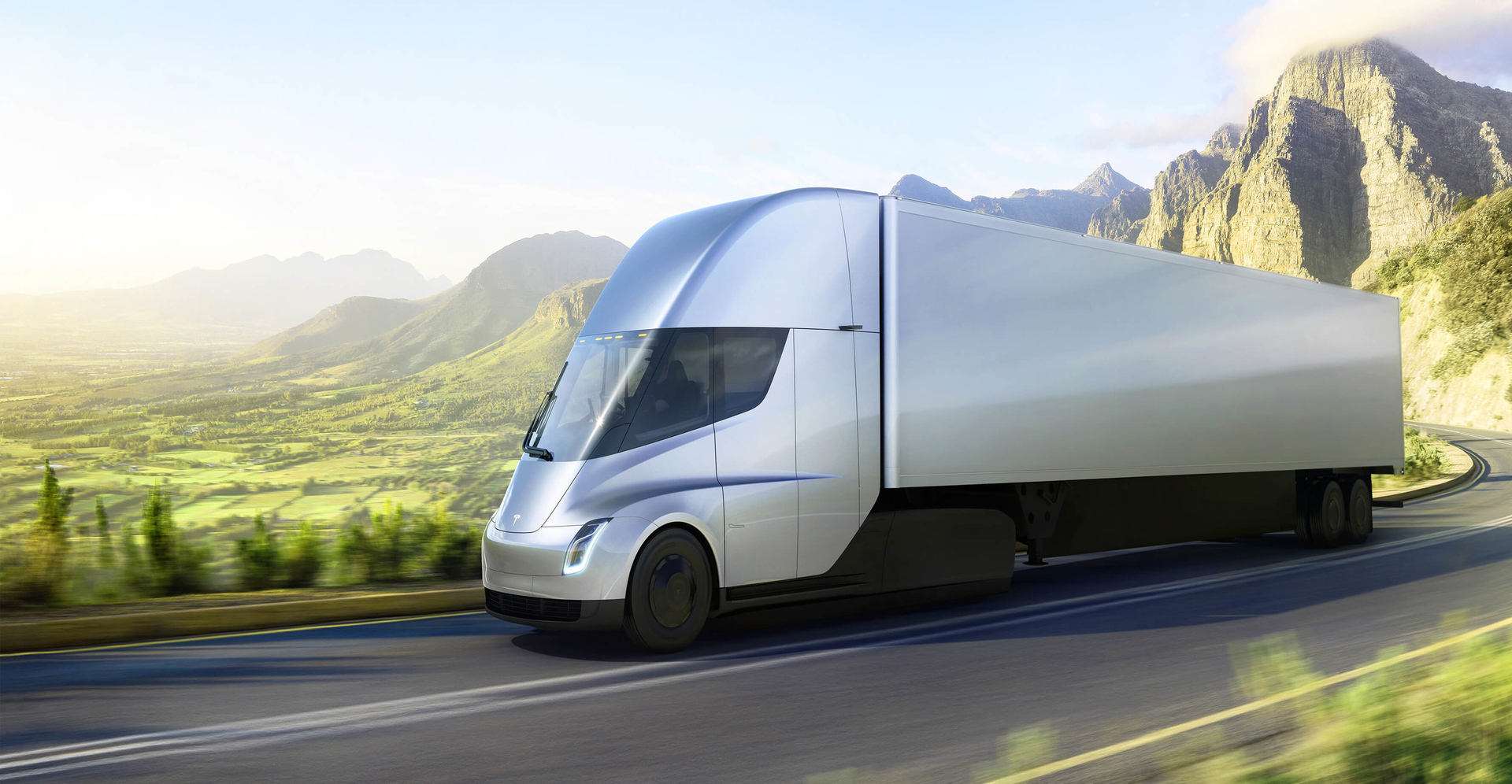“The Uk has an ambitious target to reduce greenhouse gas emissions to 80 per cent below 1990 levels by 2050. The overall contribution of the transport sector to Uk greenhouse gas emissions is 20 per cent. Within the sector, hgvs make up 20 per cent of emissions, vans over 13 per cent and cars over 58 per cent.”
In a just-in-time world, how is it possible to lessen our carbon footprint and not lose pace with our competitors? As business owners and directors, it is important to take the lead by looking at transport methods and seeing how they can be enhanced and be made greener. First and foremost, offering incentives for car shares to work, working from home days, and using alternative modes of transport like cycling and walking will improve the initial footprint. Our office is based near our home, so our carbon footprint is virtually nil when it comes to commuting to work. The nature of our business does not require a warehouse or have our own fleet of vehicles, but if it did we would like to think we would have a fleet of the newly released Tesla electric semi big-rig trucks, (Pictured), promising a range of up to 500 miles at maximum weight and highway speed, It is said that the Tesla Semi consumes less than two kilowatt-hours of energy per mile when fully loaded.
We utilise space in warehouses and vehicles that are already there so we are not adding to the current emissions. Naturally this is not possible for all companies but efficient use of infrastructures and transport should be scrutinised, an empty warehouse should be downsized, and idle vehicles should be decommissioned. These unused spaces do not need to go to waste, they would simply need to be recycled and used for something else. The impact of demolition versus changing the use of the warehouse should be considered.
When examining the transport methods we use, it is clear that an express van will have less impact on the environment than airfreight. We maximise the space utilised on our express vans and offer shared vans, which is both cost effective and a greener solution to the dedicated use of a van. For short routes and most European destinations, the express van is quite often the quickest solution but also the one with the least environmental impact – a marriage between just-on-time and attempting to be greener. There are of course greener alternatives but they do take longer and here lies the conundrum. Until we can make our rail networks and river ways more effective, as well as greener, the road alternative will always win.

